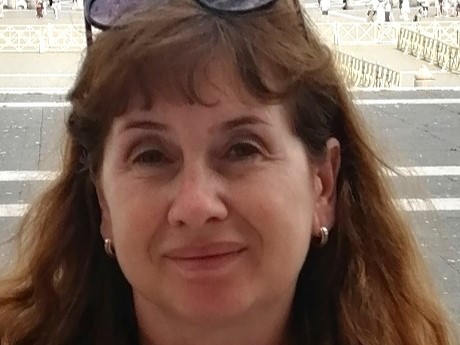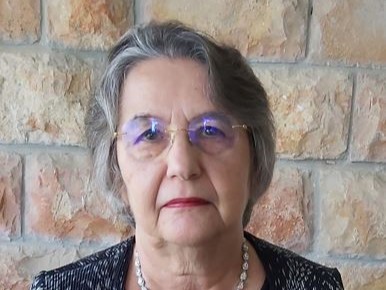1st International Egodocumental Network Conference
Vilnius University, Nicolaus Copernicus University in Toruń, the University of Lodz, and the Egodocumental Research Group (https://egodocuments.umk.pl) organise an international conference focusing on research, development, and changing perceptions of egodocuments in the twenty-first century. The conference aims to bring together scholars from different disciplines to share their insights and to encourage interdisciplinary studies of egodocuments.
The conference will also be the first meeting of the International Egodocumental Network established in December 2023 by the Egodocumental Research Group (Nicolaus Copernicus University in Toruń and the University of Lodz) to unite scholars from different disciplines working on egodocuments. It provides a platform for discussion, collaboration, and exchange of information between the participants, as well as online research seminars organized twice a year. In this dimension, our conference continues two editions of the Scientific Symposium "Egodocuments, Life-Writing and Autobiographical Texts..." organized at NCU in Toruń in 2022 and 2024.
Keynote speakers

Dr. Nataliia Voloshkova
Kazimierz Wielki University and Oxford Brookes University
Prof. Leona Toker
Hebrew University and Shalem Academic College
Prof. François-Joseph Ruggiu
Sorbonne Université, CNRS and Oxford University
Žydronė Kolevinskienė
Institute of Lithuanian Literature and Folklore, Vytautas Magnus University
Women’s Letters: An Invisible Part of Lithuanian Diaspora History
The presentation will introduce and discuss letters written by women writers, which have been preserved in the archives of the Lithuanian Research Center in the USA (Chicago and Lemont). The accumulation, preservation and publication of writers’ epistolary legacy is an indispensable part of the history of literature, resolving collisions of a literary, social and personal nature.
Most of the letters in this archive are from the same generation of literary and cultural people. This gives insight into the experience of a generation. The correspondence highlights several aspects of importance: 1) the exile’s lot, 2) longing for the lost homeland, 3) the routine of everyday life, and 4) the assessment of literary life in the diaspora and in Soviet Lithuania. The departure from the Soviet-occupied Lithuania, the life of an exile and a refugee motivated the thematic field of most of the letters. This is not surprising, since the letters record personal experiences, which were similar for the majority of emigrants. In this context, the main function of the letter – communicative – becomes particularly important. A letter is not only a specific text with encoded information of one kind or another, but also a snapshot of a conversation. The women’s letters, most of which have not been published, represent not only the drama of a woman-creator in exile, but also that of a woman-mother.
The presentation asks how these letters add not only to the tradition of women’s literature, but also to the history of the Lithuanian diaspora. How do narratives, presentations and identities change when reading the letters of the 20th century women writers in exile?










